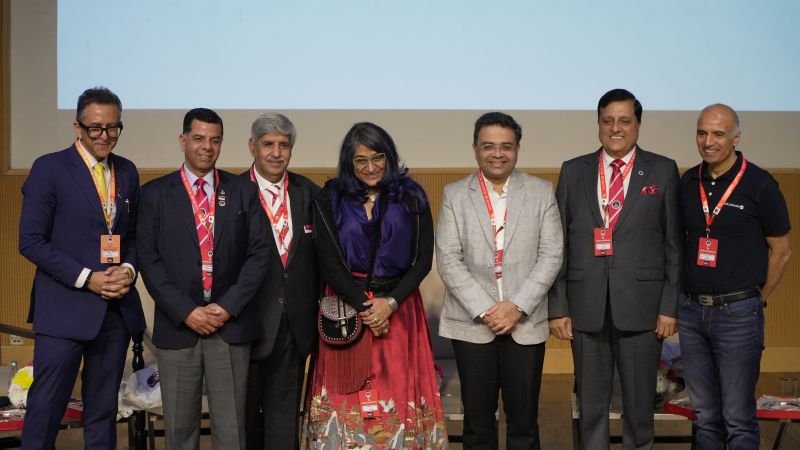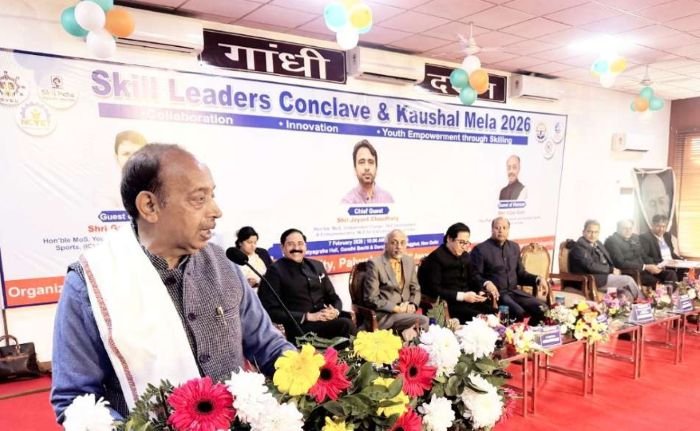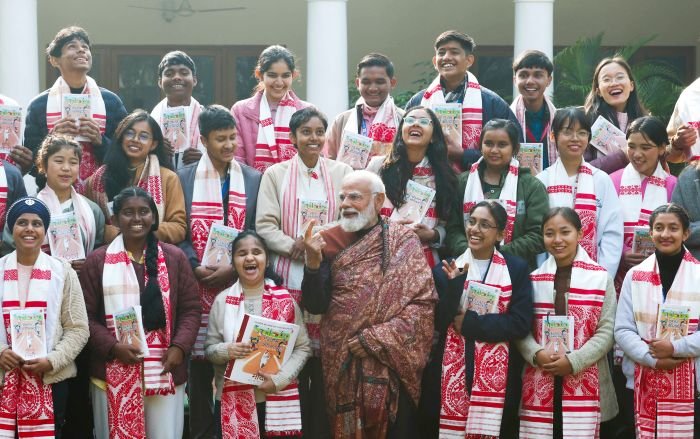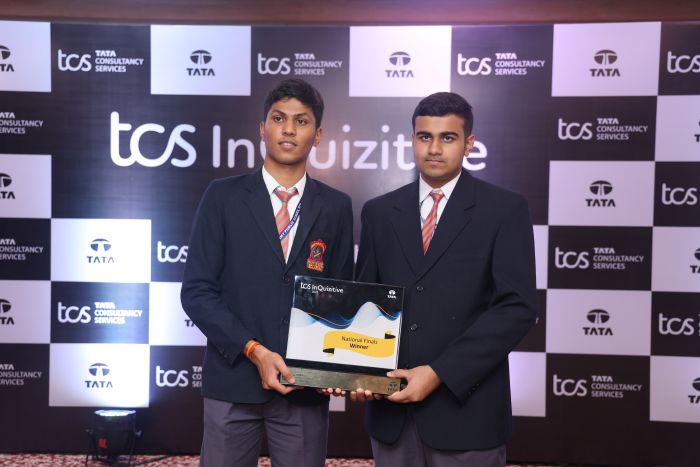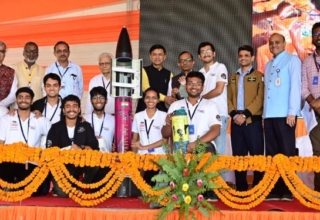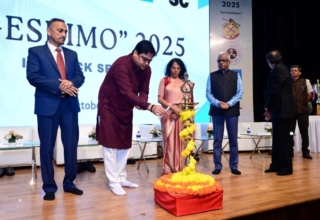Two Mumbai-based teens, Aasimm Khan and Sidharth Jain, have won the Imagine Cup Junior AI award, an initiative of Microsoft, for developing a non-invasive screening for skin cancer by using Artificial Intelligence. As a part of their award, each winner received a back-pack, Trophy and a certificate.
Both Aasimm (17 years) and Sidharth (17 years) represented OMOTEC (On My Own Technology), a city based educational and innovation centre, under the banner “Team GForce” to showcase their research in developing a non-invasive pressure mapping method to screen skin cancer and enable early detection.
Team GForce won the award in the “AI for Humanitarian Action” category for detecting Genital Skin Cancer. With this win, OMOTEC, is now among the top 10 institutions of the world to win the much coveted Microsoft Imagine Cup. It is noteworthy that in December last year, Sidharth and Aasimm represented OMOTEC at the Initiative for Research and Innovation in STEM (IRIS) National Fair and won the Grand Award for showcasing their non-invasive screening and classification of skin cancer lesions in genital regions.
Imagine Cup Junior AI is a competition for students aged 13 to 18 to learn more about Artificial Intelligence (AI) and engage them in understanding AI concepts and how it can be used to change the world around them.
This is for the first time that Microsoft, the sponsor of the Microsoft Imagine Cup – Innovation Challenge, considered as the pioneer for AI-led scientific innovations, has introduced the Imagine Cup for age category below 18 years. Thousands of students from nearly 160 countries across the globe had participated in this competition.
“It is a moment of pride for us that our students have won this much coveted award. OMOTEC was the only private institute from India to have received the award,” OMOTEC Co-founder Shekhar Jain said. Giving details about the competition, Jain said the themes were about how young students can deploy AI models in real world to come out with solutions in different categories of AI for Good Initiatives, AI for Accessibility, AI for Earth, AI for Humanitarian Action and AI for cultural heritage.
“It was a challenging project in terms of the project definition as well as to create an interface of different kinds of technology for us to validate the design prototype. But at the end it all came down to application of technical skills like 3D design, Machine learning, AI and data analysis skills for these students to bring it all together,” OMOTEC Chief Mentor Reetu Jain said.
Speaking about their journey, Aasimm said, “We designed a solution which can help early detection of skin cancer. Our engineering goal is to screen suspicious skin lesions non-invasively providing detailed analysis to doctors virtually, reducing the number of times patients experience an invasion of their privacy, giving them control of the screening process, respecting their privacy and promoting early detection.”
Sidharth further explained, “We developed a machine learning model, executed and deployed as a mobile app. In this, the image of the lesion is processed and fed into our Deep Convolutional Neural Network (DCNN) – trained and tested with 5000 images – yielding a percentage probability report of the lesion being classified as Malignant, benign or premalignant. If malignant, further classifying them within the 5 main skin cancers (Aktinik Keratosis, Squamous Cell Carcinoma, Melanoma, Basal Cell Carcinoma and Intraepidermal Carcinoma) with an accuracy of 83% on confusion matrix.”
Founded by Shekhar Jain and Reetu Jain, OMOTEC is a dynamic innovation and research lab that brings STEAM (Science, Technology, Engineering, Art and Maths) learning to children of all age groups.


